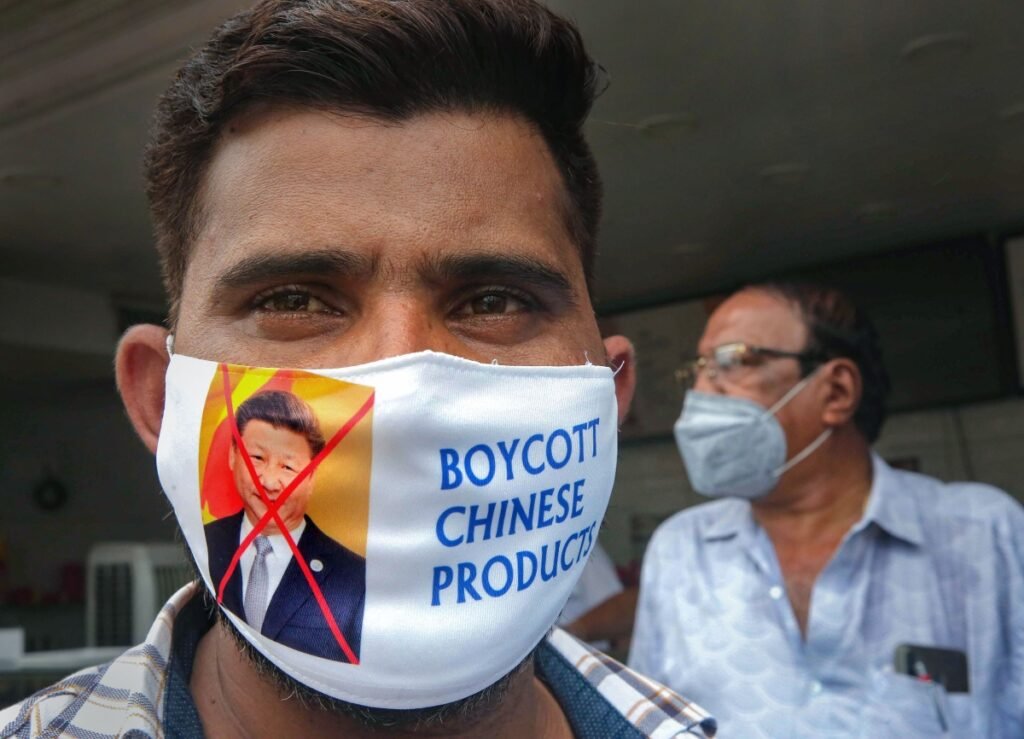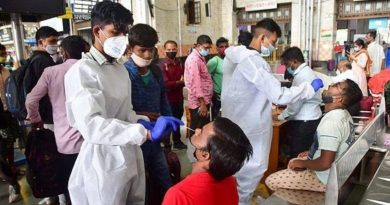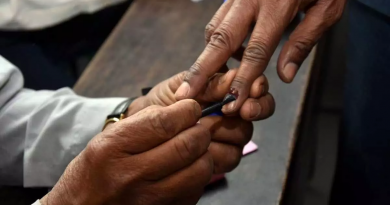India’s Auto and Pharma Sector: Can’t Have Knee-Jerk Response’
India’s Auto and Pharma Sector: Can’t Have Knee-Jerk response’ to China. Days after an outskirt conflict with China this month in which 20 Indian warriors were killed, New Delhi advised firms to discover approaches to cut imports from China.
In any case, India’s Auto and pharmaceutical sectors state this is more difficult than one might expect. In the same way as other nations, India depends on China for items, for example, electronic parts and medication fixings since it can’t make them or source them somewhere else as efficiently, organization and industry figures state.
Subsequently any moves to check imports or make them costlier without creating options will hurt nearby organizations.
“We don’t import since we like to, but since we must choose between limited options,” said RC Bhargava, chairman of Maruti Suzuki India Ltd, the nation’s greatest carmaker.
“To draw in organizations to deliver locally, we should be increasingly serious and bring down our expenses contrasted and different nations.”
India imported around $70.3 billion of products from China in the financial year to Walk 2019 and sent out just $16.7 billion – its most stretched out exchange shortfall with any nation.
The government is currently talking with organizations on fixing checks on 1,173 superfluous items, an exchange body official said on state of namelessness. They incorporate toys, plastics, steel things, hardware, and explicit auto segments – which feed vehicle fabricating.
This is on plans to raise exchange hindrances and import obligations on around 300 items from China and somewhere else, as a component of Executive Narendra Modi’s independence battle.
In April, India likewise fixed guidelines for ventures from neighboring nations, including China, to forestall pioneering takeovers after the pandemic.
“On the off chance that things do raise, at that point India stands to lose much more than China,” said the head of corporate methodology at one of India’s main 10 drugmakers. “We can’t bear the cost of this.”
“NO Automatic response”
Over a fourth of India’s automobile part imports – $4.2 billion – originated from China in 2019, including motor and transmission parts, as indicated by information from the Auto Segment Producers’ Relationship of India (ACMA).
A portion of these parts are basic and difficult to source somewhere else quickly, said Vinnie Mehta, executive general at ACMA, whose individuals incorporate organizations, for example, Bosch, Valeo, and Minda Ventures.
“We can’t have an automatic response, particularly when we are rising up out of the disturbance brought about by the pandemic,” he said.
Chinese supplies have likewise been a key factor in India’s blasting medication industry, which trades modest nonexclusive prescriptions.
A portion of India’s biggest medication organizations, for example, Sun Pharmaceutical Businesses, Lupin, and IPCA Labs, depend on China, and India by and large gets about 70% of its gracefully of dynamic pharmaceutical fixings (APIs) from that point, industry authorities said.
“In the short term, we are going to keep on being dependent on China,” said Sudarshan Jain, secretary-general of the Indian Pharmaceutical Coalition, which speaks to significant drugmakers, in spite of the fact that he accepted there was just “a low probability” of Programming interface supplies being cut off.
Be that as it may, this despite everything leaves makers subject to low Chinese costs to have the option to meet value controls on the home market and remain serious abroad.
This month, China expanded costs of the regular torment reliever paracetamol and of ciprofloxacin, an anti-microbial used to battle respiratory diseases, by 25%-27%, one senior industry official said.
“This is a significant antibacterial medication. On the off chance that we don’t accepting from the Chinese, there will be deficiencies,” the official said. “Sloping up limit in India is a continuous, since quite a while ago drawn procedure.”




